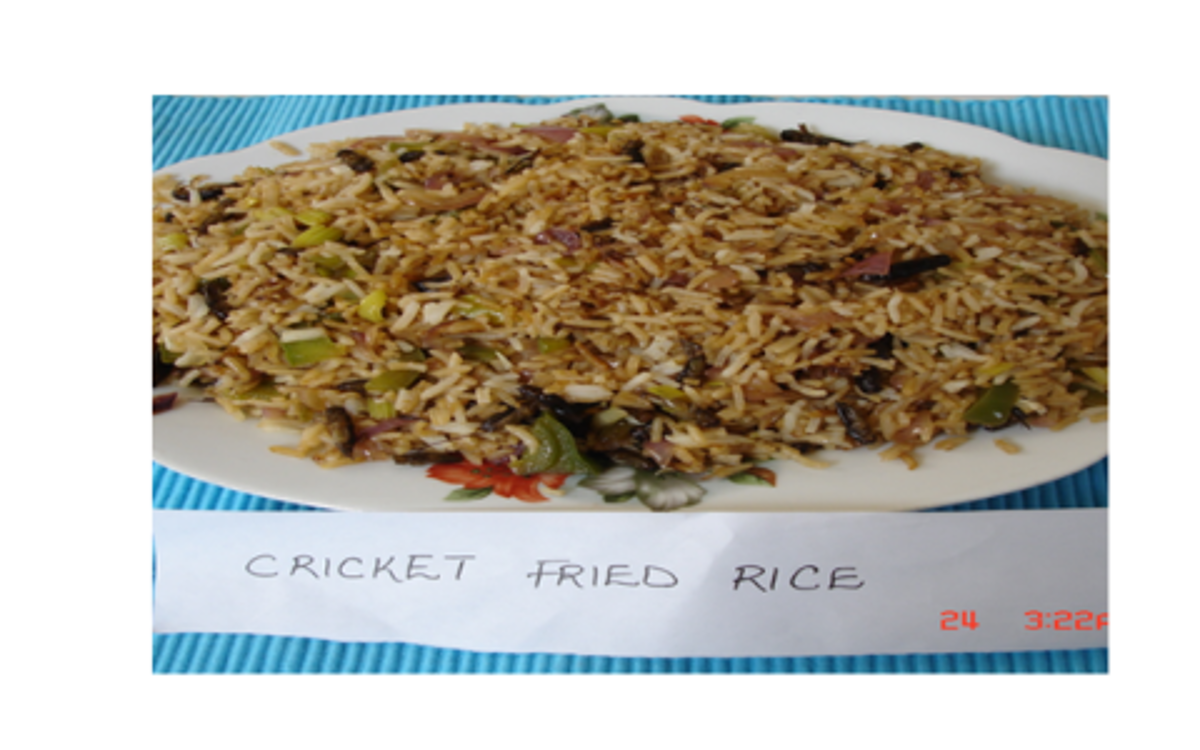Jaramogi Oginga Odinga University of Science and Technology.

How do you feel about insects? Whilst some may see insects as a nuisance or pest, ACU member Jaramogi Oginga Odinga University of Science and Technology (JOOUST) in Kenya is using termites and crickets to tackle food insecurity.
‘Food security’ concerns the availability and accessibility of food. The number of undernourished people in the world is growing faster in Africa than it is in any other region of the world. East and Southern Africa has the largest number of food insecure persons with 50% of Kenyans facing food insecurity.
With the world population expected to increase from 7.8 billion in 2020 to 9.9 billion by 2050, we urgently need ways to increase food production. Population growth at this rate puts a strain on existing food production methods and already limited resources, including land, fertilisers, and energy, while greenhouse gas (GHG) emissions, deforestation, and environmental degradation will increase. The world’s food security is made insecure by climate change due to changes in global weather patterns [United Nations]. For example, projections show that maize and wheat – which are core components of diets in Africa and Central America - is on the decline. One of the causes can be traced to increased greenhouse gas emissions.
Responding to food insecurity requires innovative thinking and a willingness to explore non-conventional and underutilised sources of food. JOOUST have risen to this challenge by establishing the Africa Centre of Excellence (ACE) in Sustainable Use of Insects as Food and Feeds (INSEFOODS) with funding from the World Bank ACE II. The INSEFOODS centre is striving for long-term food security by using insects as a cost-effective, reliable, and sustainable source of protein and other nutrients.
Insects provide a major natural resource on earth with the potential to revolutionise efforts to address global food insecurity. Edible insects can supplement the conventional production of meat and are a valuable source of protein - either for direct human consumption or for indirect use as feedstock.


Even though edible insects have attracted global attention as a high potential healthy food source, to fully realise this potential there is need for skilled human resource, research, and innovations in insect for food and feed value chains. The INSEFOODS centre meets this need by training the next generation of researchers in this area. By combining existing research capacity in east and southern Africa and international partners, the INSEFOODS centre is helping to strengthen the research infrastructure needed to continue and expand this important work.
So far, this project has trained over 100 masters and 30 PhD students who have carried out research into insects which can be used for food and feed. For example, crickets have been developed and patented which have higher nutritional content to combat malnutrition. The innovations will be patented and commercialized to generate income for the institution through sales of goods and services. Over 100 publications have been published from both staff and students on the topic. The project has also seen the formation of international, national and industry partnerships, as well as eight academic programmes which have been accredited nationally to ensure quality of postgraduate training.
The centre unlocks a lot of potential and benefits which are far reaching. Students in participating universities and their partner institutions across east and south Africa will benefit from high quality education and training in regional priority areas. Employers in targeted sectors or industries will have greater access to high quality and skilled personnel, results of applied research, and scientific knowledge for productivity improvement, as well as knowledge partners (including companies, governmental or non-governmental organizations) who will use the research produced by the INSEFOODS African Centre of Excellence.
What’s your climate action story? JOOUST are uniting for this planet by rolling out research into insects as food to combat food insecurity. We are collecting and sharing climate action stories from ACU member universities – and the people within them - across the Commonwealth. Find out how you can get involved.

